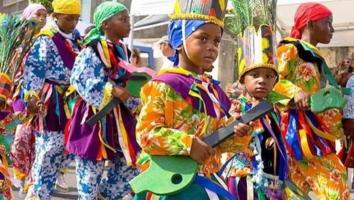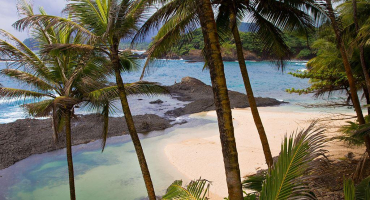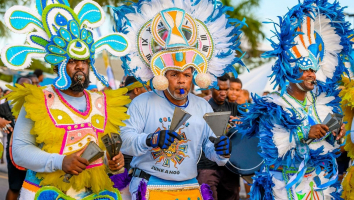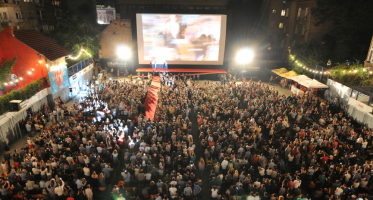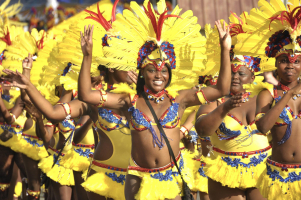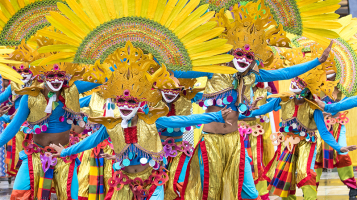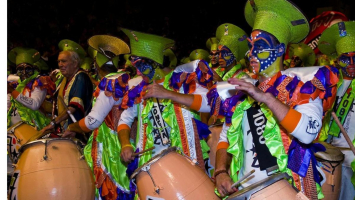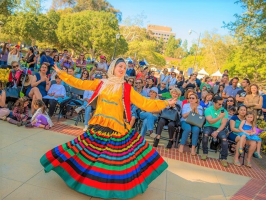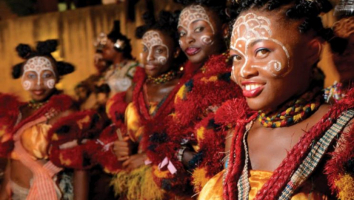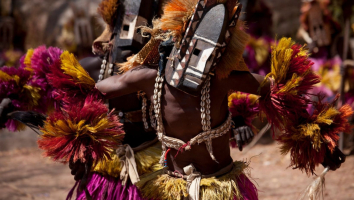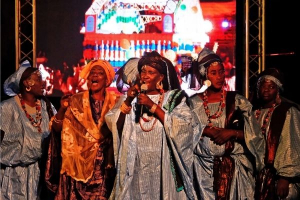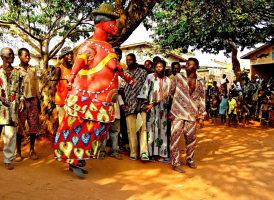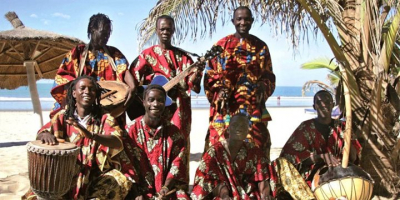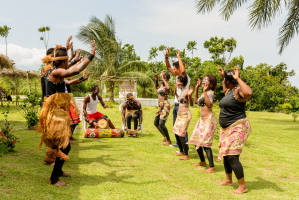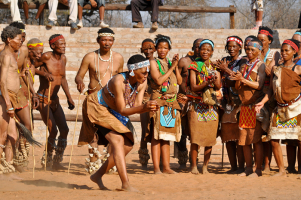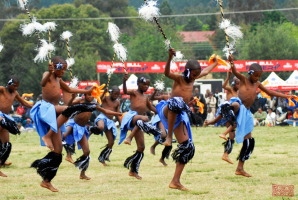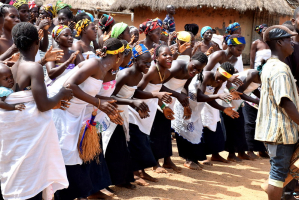Top 4 Most Famous Festivals in São Tomé and Príncipe
Despite São Tomé and Príncipe rich and diverse culture, there are few festivals to celebrate it. However, there are a number of public holidays in São Tomé and ... read more...Príncipe that visitors should be aware of, including Independence Day, which commemorates the nation's hard-won independence, and Labor Day, which honors all of the workers who have made the country great. The country normally closes down on certain days, and public facilities are shuttered. The following is detailed information about the most famous festivals in São Tomé and Príncipe.
-
Every year on May 1, International Workers' Day, or Labor Day as it is known locally, is observed. This national holiday is observed with ceremonies commemorating the historic International Labor Movement, the growth of trade unions in the country (which strive to preserve workers' rights), and the contributions of all employees to the nation that is São Tomé today. International Worker's Day or May Day are other names for the holiday. This is one of the most famous festivals of São Tomé and Príncipe.
International Workers' Day has historically been a rallying point for communist, socialist, and anarchist organizations.
Dates: May 1
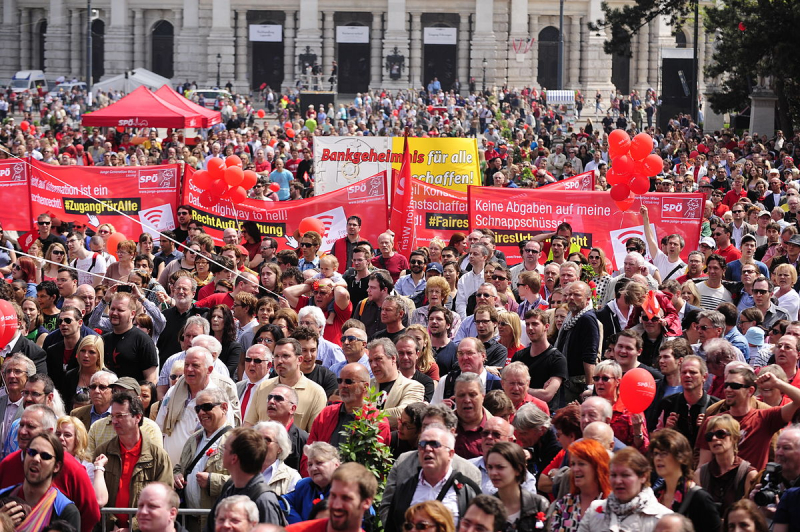
Photo: wikipedia 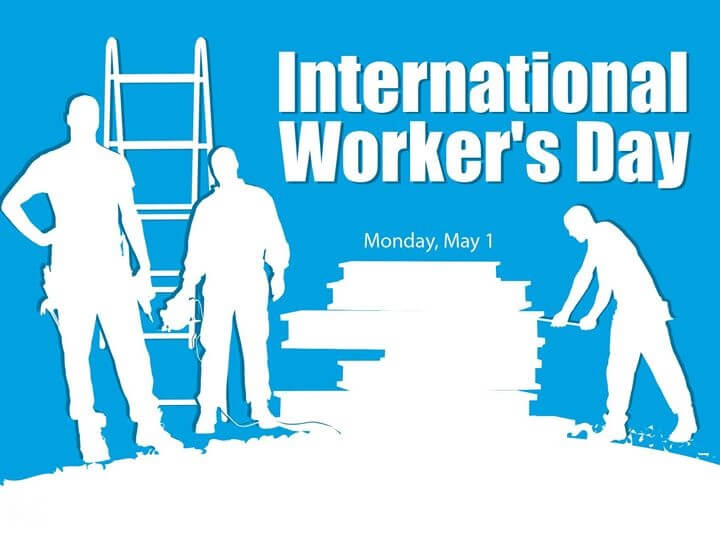
Photo: happydays365 -
On July 12, São Tomé and Príncipe commemorates the liberation of the country from Portuguese colonial domination. In many cities, this official holiday is marked with demonstrations of tradition and culture. Musical performances, dancing shows, and theatrical renditions of the periods when the region was a colony might be expected.
The Portuguese were the first to settle on these two islands in the Gulf of Guinea. On December 21st, 1471 (Saint Thomas' Day, hence the name), the first landed on São Tomé and Príncipe, the bigger of the two islands. They discovered that the rich volcanic soil of the islands provided a strong foundation for sugar production. African slaves and Portuguese 'undesirables' worked on the plantations.
The so-called Carnation Revolution in Portugal ended the dictatorial administration and ushered in a new attitude to the country's overseas territories in 1974.
On July 21, 1975, São Tomé and Príncipe declared independence from Portugal, making it Africa's second-smallest republic. The smallest is Seychelles, an island republic on the opposite side of the continent.Dates: July
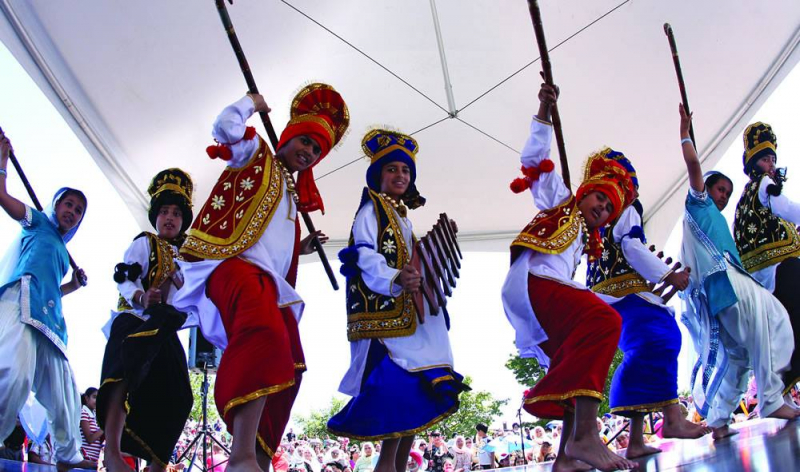
Photo: facebook's UN OHRLLS 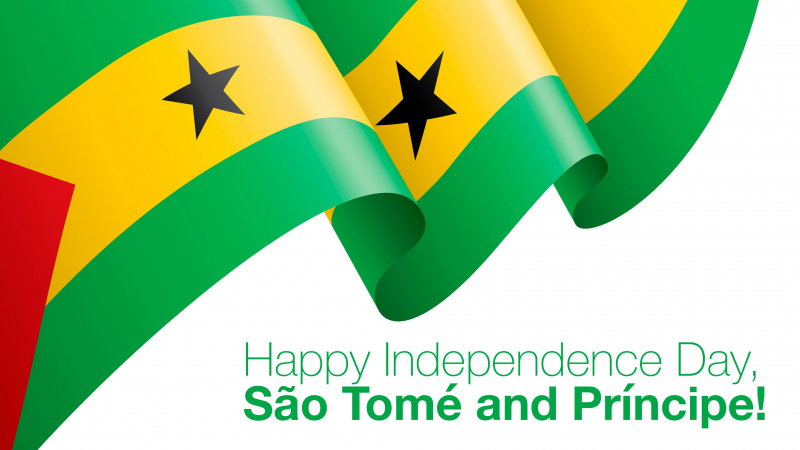
Photo: twitter -
Every year on November 26, São Tomé and Príncipe celebrates Argel Accord Day, a national holiday. The Argel Accords, which pledged statehood, were signed in Portugal before the country was given independence. The actions of Portuguese civil society against the dictatorial regime resulted in these agreements. The signing of these historical treaties, as well as the efforts of the Portuguese people who battled for the freedom of Portuguese colonies around the world, are commemorated on Argel Accords Day.
The people of São Tomé and Príncipe consider this an important historical day and they celebrate this festival. Until now the festival is still maintained and is one of the most important festivals of the country.
Dates: November 26
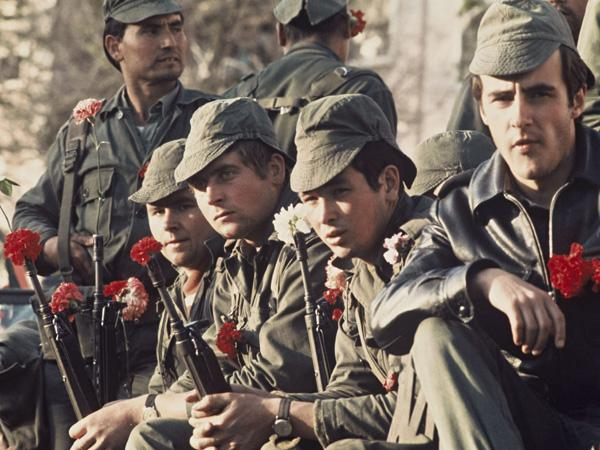
Photo: every-day-is-special.blogspot 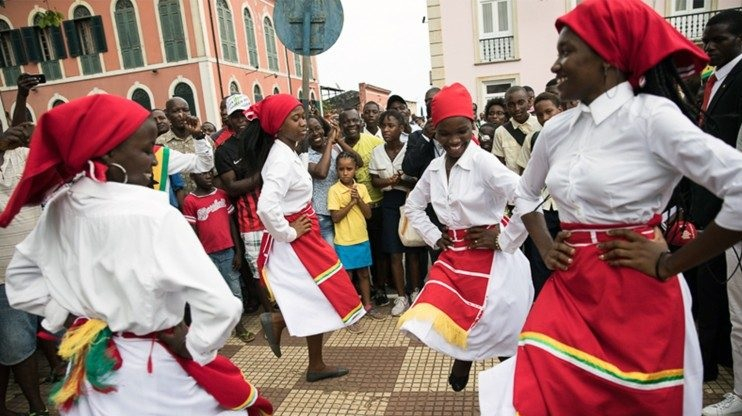
Photo: textilevaluechain -
São Tomé has a sizable Christian population, accounting for over 80% of the population. Christian religious holidays, such as Christmas Day on December 25, are understandably significant. Christmas commemorates the birth of Jesus, the Christian messiah. The day is commemorated by attending mass and sharing meals with friends and family. Because it is a non-working day, the day has taken on a cultural significance, and most people in the country, religious or not, participate in the celebrations. Certainly, it is one of the most famous festivals in São Tomé and Príncipe
Many homes in São Tomé and Príncipe are decorated for the holidays, with the period between Christmas Eve and New Year's Day being a time of broad merriment. Christmas Dayis also a deeply religious time of year for many, a time to remember the coming of Christ into the world to save sinners.
Dates: December 25

Photo: timeanddate 
Photo: songtaimy






